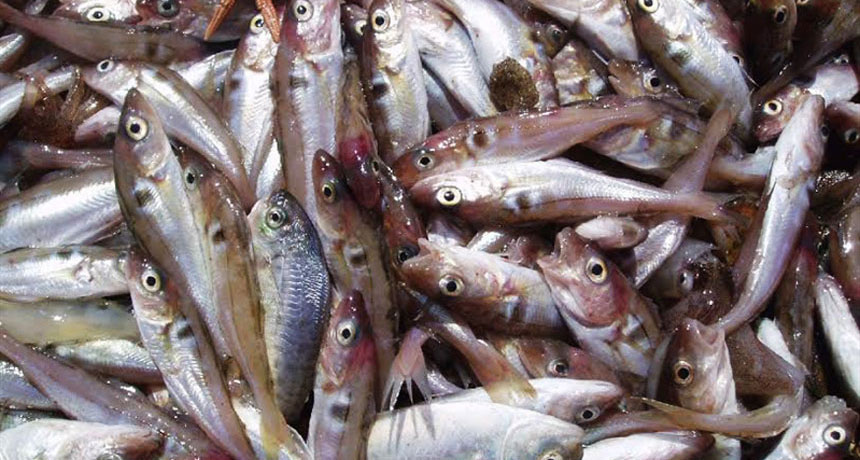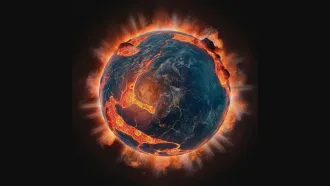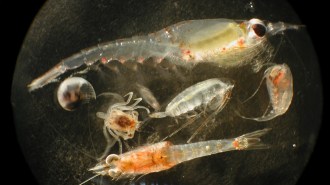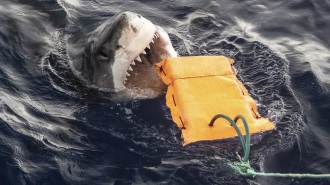Oceans that are warming due to climate change yield fewer fish
Some areas have seen up to a 35 percent decline in how many fish can be harvested sustainably

FEWER FISH Increasing ocean temperatures over the last 80 years are taking a toll on populations of haddock (shown) in the North Sea, and many other fish and shellfish species.
NEFSC/NOAA




